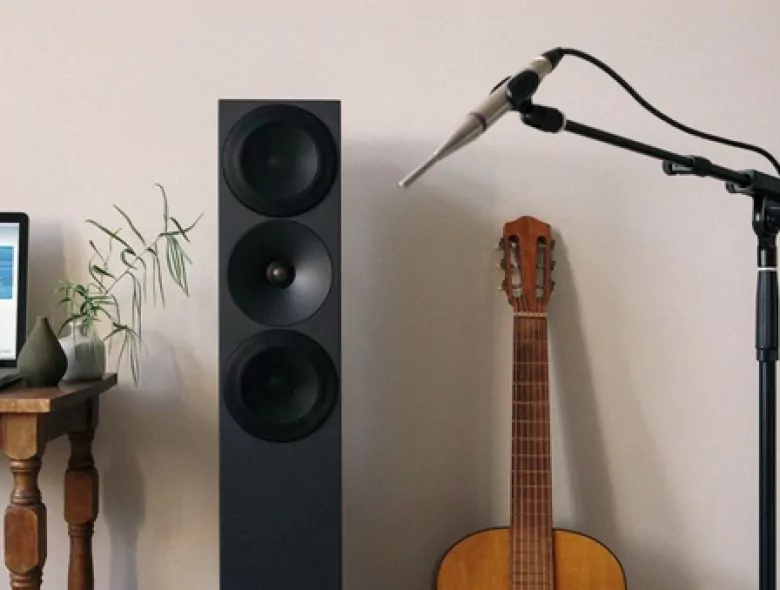Are you a musician who’s looking for a way to practice without disturbing your neighbors? Working from home and want a quiet place to get stuff done? Here are some tips for creating a soundproof room in your house.

Use soundproof blankets
Soundproof blankets are one of the most versatile tools at your disposal when soundproofing a room. They are usually made from quilted fiberglass or polyester, which are great materials for stifling noise. You can cover your windows with them in order to keep noises from the streets out. They can also be draped over noisy household appliances, such as washing machines. Easy to move around and reasonably priced, soundproof blankets are a way of blocking out noises from both inside and outside of your home.

Buy some acoustic panels
Acoustic panels are a classic, proven way to keep noises from getting in or out. If you aren’t sure what acoustic panels are, they’re boards or fabrics that you hang on your walls. Some acoustic panels are meant for keeping noise in. These types are best for musicians who wish to practice their instruments without annoying their neighbors. Other types of acoustic panels are meant to keep outside noises from disturbing you. You should get some of these if you need a quiet space to do some work or record a podcast. If you need to keep sounds from coming in and going out, you can use both types of paneling in the same room.

Hang thick, heavy curtains
Much noise comes in and escapes through the windows in our homes. Hanging thick, heavy curtains will help cut down on some of this noise transmission. They can also help keep heat in your home during the winter months. If a thick, heavy curtain isn’t good enough, you can get acoustic curtains specifically designed to keep noises out. These types of curtains weigh around 7 kilograms (15 pounds) and deflect any incoming sounds.
Fill the gaps under doors
The gaps under doors let lots of noise in. Close them off. Filling the gaps under doors that lead outside will also help keep insects and spiders out of your home. You can seal off the gap under doors by adding door sweeps to your doors. If you only need to soundproof a room temporarily, you can fill the gap with a thick towel.

Get a thick rug…and a rug pad
Thick rugs help insulate your home and keep noises disturbing your neighbors. You can increase the soundproofing power of your rug by getting a rug pad to place under it. Doing so will also help keep your home warm during the winter. Rug pads are usually made of felt, memory foam, or rubber and are sold in a variety of thicknesses and densities. Felt and memory foam pads are best for soundproofing. The thicker and denser the felt, the more it’ll block out (and keep in) noise.
Buy some noise-blocking window inserts
If thick curtains or acoustic curtains don’t work for you, try noise blocking window inserts. Noise blocking window inserts are sheets of glass or acrylic that are supposed to be placed on your windows. When installed properly, they should create an airtight seal and reduce the outside noise level by at least 50%. The downside of noise blocking window inserts is that they need to be removed if you want to open your window. However, unlike curtains, they don’t change the look of your home very much. If you like your current curtains and don’t plan on opening your windows very often, noise-blocking window inserts are a great soundproofing method for you.

Get some bookcases or shelves
Bookcases and shelves can help keep sound from leaking through thin walls. Placing a bookshelf in front of a thin wall helps increase the thickness of the partition between you and your neighbors. The soundproofing ability of your bookcase will further improve when you fill it with books and other items. For the best results, get a large bookshelf that covers as much of your wall as possible.

If you don’t have much money to spend, use cardboard egg cartons
It’s a widespread belief that egg cartons can be used for soundproofing. In reality, egg cartons are thin and aren’t a very good material for blocking sound. They aren’t going to be of much help if you’re trying to set up a quiet room to work from home in. However, egg cartons can help keep your neighbors from hearing your noisy activities. They absorb some sound and reduce the echo in a room. However, they don’t work as well as acoustic panels or other items designed specifically for soundproofing. If you have the money to spend, we highly recommend buying some professional soundproofing materials. But if you’re on a tight budget and need a place to practice an instrument, lining your walls with egg cartons might do the trick.



